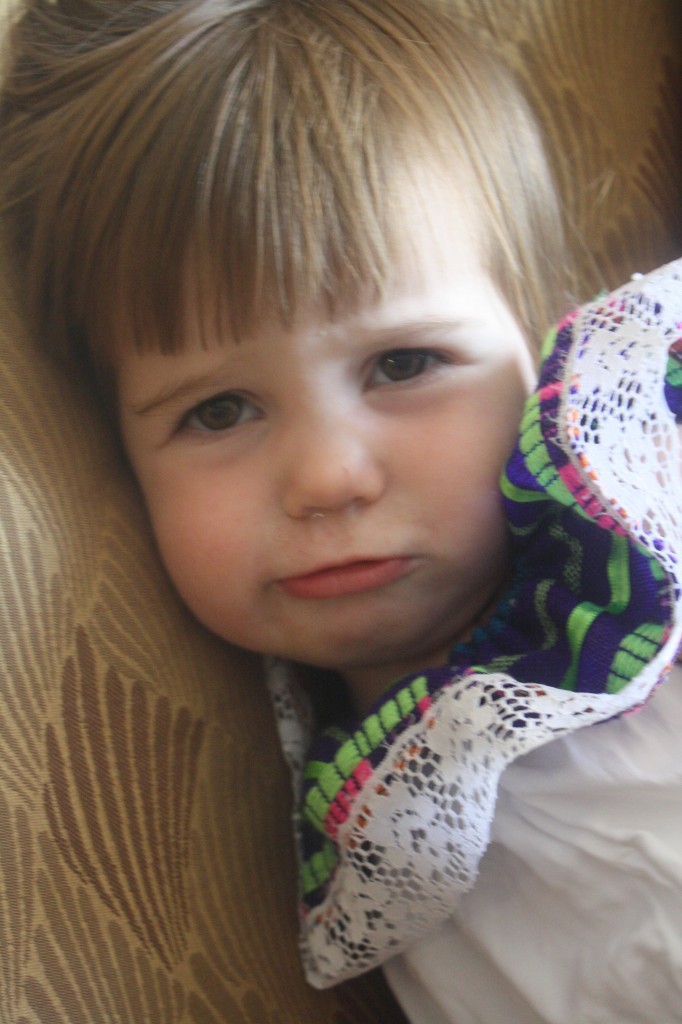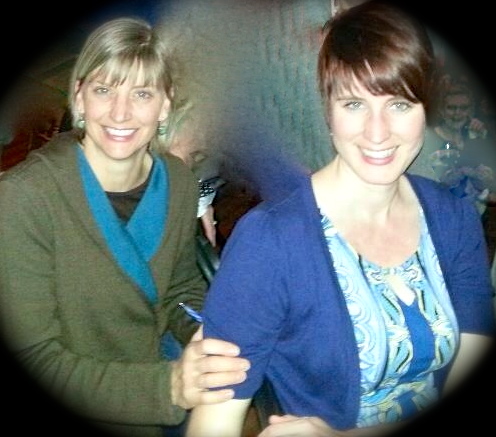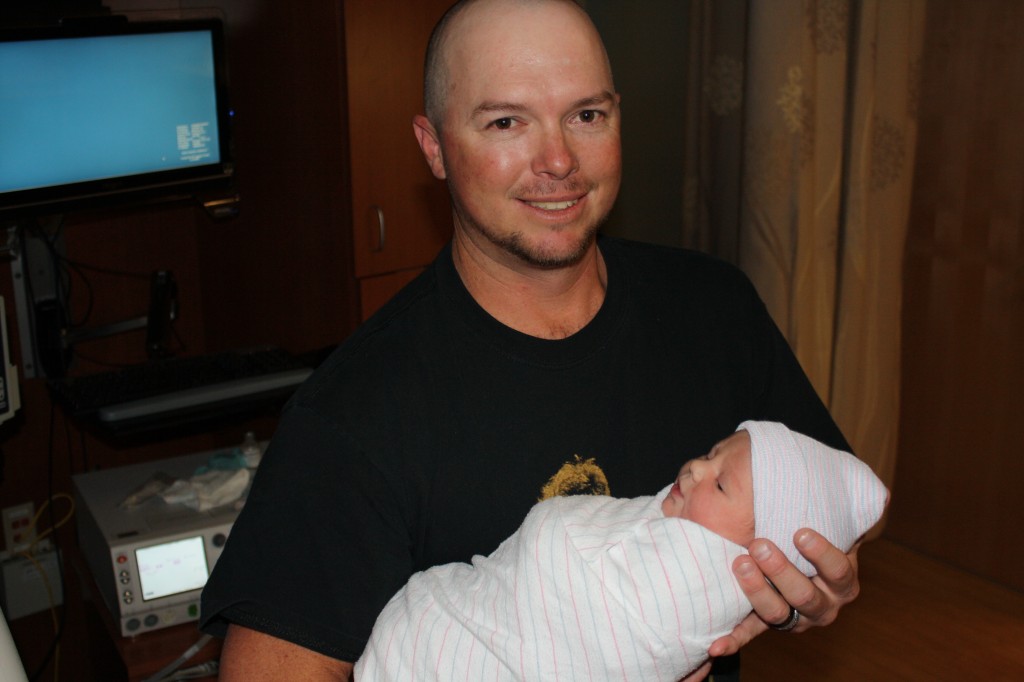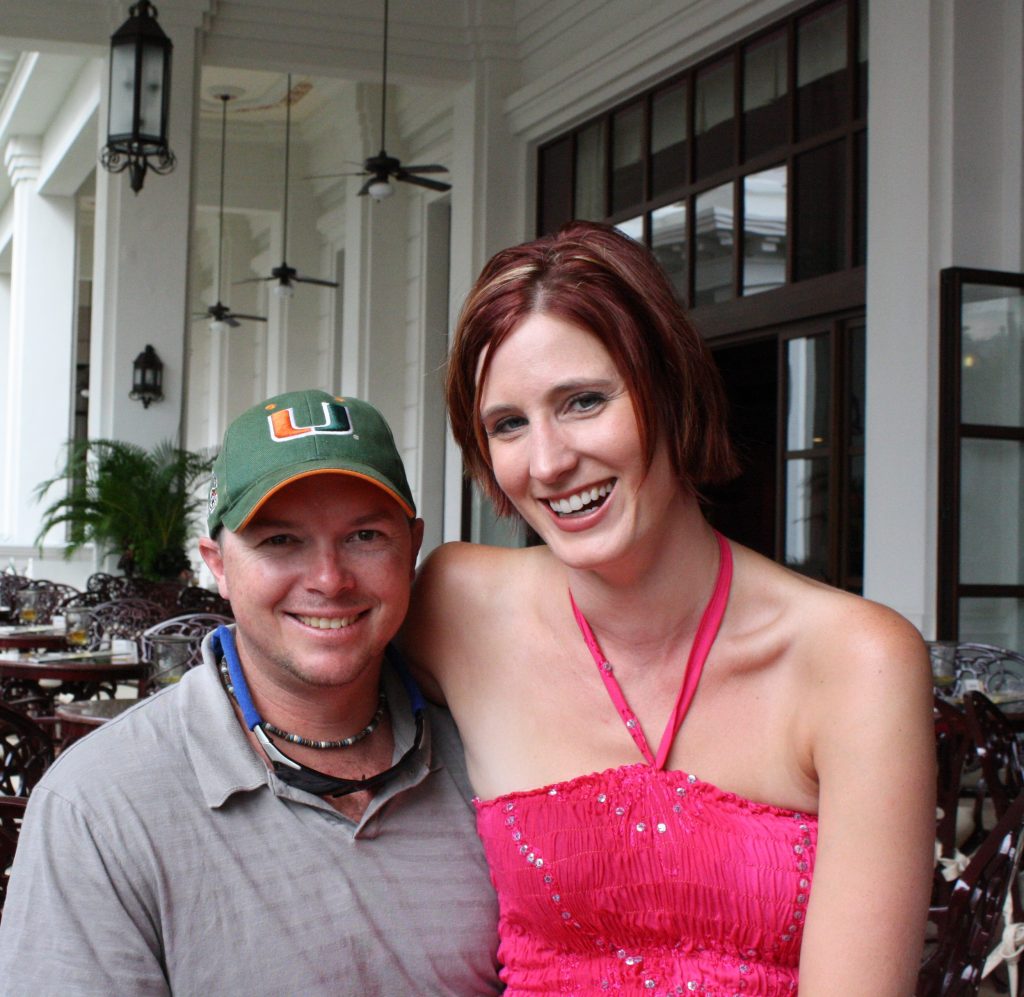Bucking a Trend: Birthday Parties and More
This week’s HerTake question is seemingly about birthday parties, but it’s really about so much more.
Nina is always accepting anonymous questions so keep them coming!
Dear Nina,
I’m planning a birthday party for my almost 3-year-old son. I started to make a list and if we invite entire families (which others in my community have done), we are looking at around 100 people.
What is the etiquette for who to include? My son is in preschool, however, my husband and I are closer with some parents. Is it okay to invite only some of the kids in the class? Do we need to invite entire families? If we invite one child is it assumed that siblings are included? Do we need to invite friends of ours if they do not have kids our child’s age? We don’t want to offend anyone, and while we realize not everyone will come, the list seems excessive for a child’s birthday party.
Thanks!
Carly
Dear Carly,
I chose your question because while on the surface it’s about the details of a birthday party, it’s really about so much more. It’s about creating your own path, a more reasonable, and yes, less excessive path, even in a situation where others in your community and in your kid’s class (the majority even?) have made a different choice. Your question is about knowing that you might offend some people and making that choice anyway, not because you are wrong, but because people are too easily offended to be quite honest. Your question is about bucking a trend and about serving as an example for others in your community who would like to do the same, but are not brave enough to even ask questions such as “What are we doing here?” And “Why do we go to such lengths to make sure nobody will be upset with us?”
I speak from experience. As a mom with kids ages 10, 8, 5, and 3, I have hosted every kind of party imaginable from the big ones at Pump it Up and Build-a-Bear (talk about excess) to the medium-sized ones with just the girls or just the boys, to the type with only a few kids invited.
Full disclosure: I have regretted the big parties both for the expense, for the message it gives to my kids that everyone should expect to be invited to everything, and because of the reality that my kids have usually been miserable at their own large parties. I can’t tell you how many times I’ve seen the same thing happen to other people’s kids. I once heard a child say of her American Girl Doll party (at the store’s fabulous restaurant), “This was the worst party ever.” After my daughter’s party at Pump it Up a few years ago she said, “It didn’t feel like my birthday.” More often than not the child in the center of all that chaos, the one for whom this excess is happening, is having some kind of meltdown. With that many people, the birthday kid does not know who to play with!
Now it’s time to address the specific questions for your son’s birthday. No, you do not need to invite the whole class. Take advantage of this moment when the kids in the class, including your son, do not know the difference. Keep the list to the kids your son talks about, maybe 5 kids at most. Explicitly say on the invite (or email or evite) that you are hoping one parent stays. My 3-year-old had 3 kids at his “party” this year. He loved it and so did I.
Also, siblings are not included. If this means a particular child cannot attend because the parent does not have arrangements for the other children, then that is totally okay. You as the party planner will graciously understand that not everyone can come. And I insist on assuming (because I like to assume the best) that the invitees will also understand that nobody should be expected to throw a 3-year-old (or any child) a party with 30-60 guests or even 20 guests. You can let siblings come, and I would make that decision on a case by case basis. I’m just saying not to include them on the invitation.
Keeping the party small also means you will probably need to keep your own friends off the list, too. They will not be offended when you explain that you are having a very small party with just a few friends from your son’s class. If they are offended by that, you’re in store for a world of drama in the coming years with these particular friends. I’m serious. The older I get I have found that the least desirable trait in a friend is one who is too easily offended. The ability to give others the benefit of the doubt (and therefore be less offended) is skill that most of us (I include myself) need to work on often.
I want to make an important point: It is not wrong to have a big party for your son. It is certainly not wrong to invite the whole class. Plenty of people do it and will continue to do so. It is simply not necessary, is all. I’m trying to establish that there is another way even if big parties are the norm in your community.
Personally, I am always relieved, not offended, when I hear that a family has moved from inviting the whole class to hosting a small party with a few friends. My older two kids have been aware of not getting invited to some of these very small parties. Were they a little sad? Yes. But listen, they were only upset at first. And it’s okay for a kid to experience feelings, to not be protected from sadness at all times. I talked through the situation in each case, and it was a great opportunity to remind my kids that it is simply not possible to be included in every single thing their friends do. We talked about financial realities as well. And I pointed out that when they have small parties it certainly does not mean they dislike the other kids and how it’s no different when someone else plans a small event.
I want to end with some tips for planning small parties. You have a few more years to worry about some of these details, but maybe this will help readers with slightly older kids.
5 TIPS FOR PLANNING SMALL BIRTHDAY PARTIES
- Invite just the girls or just the boys.
- Do not under any circumstances give out invitations or thank you notes at school.
- Small means small. If you’re not going to invite all of the boys or all of the girls in a class, then keep it to 3-4 kids.
- Tell the parents of the kids who are coming that you only invited a few children and to please encourage their kids not to talk about it at school.
- Although I want my and all kids to learn that not everyone can be invited to everything, they still need to learn to be sensitive to others’ feelings. Remind your child that if you hear there’s been talk about the party at school that you will cancel the party. But you have to follow through!
Good luck, Carly! Bucking a trend is not easy. Please report back (you can use the anonymous form) and let me know what happens.
All the best,
Nina
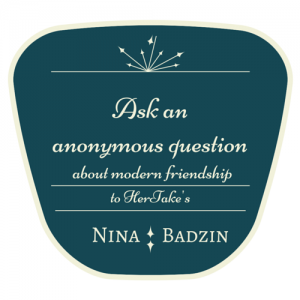 If you have an anonymous question for Nina, use this form!
If you have an anonymous question for Nina, use this form!
We still have a few spots available in our upcoming session of the Publish Your Personal Essay online writing course, beginning March 30th! Space is limited, so reserve your spot now! Find out more about our writing classes here. If you missed the first essay in our new HerStories Voices column, you can read “Dancing at the Edge of the Spotlight” here!
Have you signed up to receive our email newsletter? You can do so in the sidebar; we’d love to connect with you on Facebook and Twitter, too!






